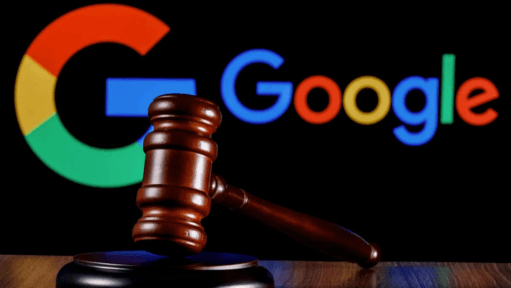
U.S. Judge Rules Against Google, Mandating Open Access for Third-Party Apps in Play Store
Ruling in Epic Games Lawsuit Marks a Milestone for App Developers, Challenging Anti-Competitive Practices and Opening New Opportunities in the App Economy
On October 7, 2024, U.S. District Judge James Donato issued a significant ruling against Google, ordering the tech giant to open up its Play Store to third-party apps. This move came as part of an ongoing legal battle between Epic Games and Google, centering on claims of anti-competitive practices. The ruling prohibits Google from making exclusive agreements with app developers and phone manufacturers that require the Play Store to be pre-installed on devices. It also mandates that Google allow developers to offer alternative payment methods within their apps.
What Prompted the Injunction?
The conflict between app developers and major app store operators, like Google and Apple, has been brewing for years. A major turning point occurred in August 2020 when Epic Games, the developer of Fortnite, introduced a direct payment option in its app, bypassing both Google’s and Apple’s mandatory in-app billing systems. This move allowed Epic to avoid paying the hefty commissions—typically 15-30%—that both platforms charge developers for in-app purchases and subscriptions.
In response, both Google and Apple removed Fortnite from their app stores, prompting Epic to file two separate antitrust lawsuits—one against Google and another against Apple. Epic’s CEO, Tim Sweeney, argued that Google’s cut of every transaction made through Android devices was unfair and restrictive, sparking a legal showdown that would drag on for years.
Google’s Response
Google has appealed the ruling, expressing concerns about its potential impact on consumer privacy and security, as well as on competition within the mobile app market. In a blog post, the company noted that allowing third-party app stores and alternative payment methods could make it more difficult for developers to promote their apps and potentially reduce the quality of the app ecosystem.
However, for many, the ruling represents a significant victory for developers in their fight against the dominance of major app store operators like Google and Apple.
Epic’s Argument Against Google
Epic’s lawsuit against Google focused on the claim that the tech giant’s practices were anti-competitive. Epic argued that Google made exclusive agreements with companies like Activision Blizzard and Nintendo, offering them lower commissions in exchange for keeping their apps and games on the Play Store. These agreements required developers to use Google’s billing system, preventing them from offering their own payment options.
The case went to a jury trial, and in December 2023, the jury unanimously ruled that Google had engaged in anti-competitive behavior that harmed both Epic and other developers. This led to Judge Donato’s injunction, which is seen as a pivotal moment in the ongoing battle for fair competition in the app store marketplace.
The Apple Lawsuit: A Different Outcome
While Epic filed similar lawsuits against both Google and Apple, the outcomes were different. The lawsuit against Apple, heard in a bench trial, resulted in a mixed ruling. The court found that while Apple was not a monopoly in the app marketplace, it had imposed some anti-competitive policies. The ruling allowed developers to offer alternative payment options for in-app purchases, but Epic was still required to pay damages for violating Apple’s developer agreement.
The key difference between the two cases was the jury trial in the Google case, which allowed Epic to present more evidence of Google’s exclusive deals with developers. This played a crucial role in the jury’s decision to rule against Google.
Impact on the App Economy
These rulings, especially the injunction against Google, could have significant implications for the $250 billion app economy. Google and Apple will likely need to revise their app store policies, making them more developer-friendly by allowing alternative payment methods and potentially reducing their commissions on in-app purchases.
The injunction could also pave the way for alternative app stores, reducing Google and Apple’s control over app distribution. For consumers, this could lead to lower prices for apps and in-app purchases, as developers would no longer need to pay high commissions to the app store operators. Smaller developers might benefit from reduced costs, which could lower barriers to entry and encourage more competition in the market.
However, there are potential downsides. Currently, developers only need to promote their apps on two major platforms—Google Play Store and Apple’s App Store. If multiple app stores emerge, it may become harder for smaller developers to get their apps noticed across fragmented marketplaces. This could create new challenges in terms of app discoverability and marketing.
Overall, these legal rulings represent a major shift in the app economy, signaling a move toward more open competition and fairer terms for developers. They also reflect the increasing scrutiny that tech giants like Google and Apple are facing over their control of digital marketplaces.
For any enquiries or information, contact ask@tlr.ae or call us on +971 52 644 3004. Follow The Law Reporters on WhatsApp Channels